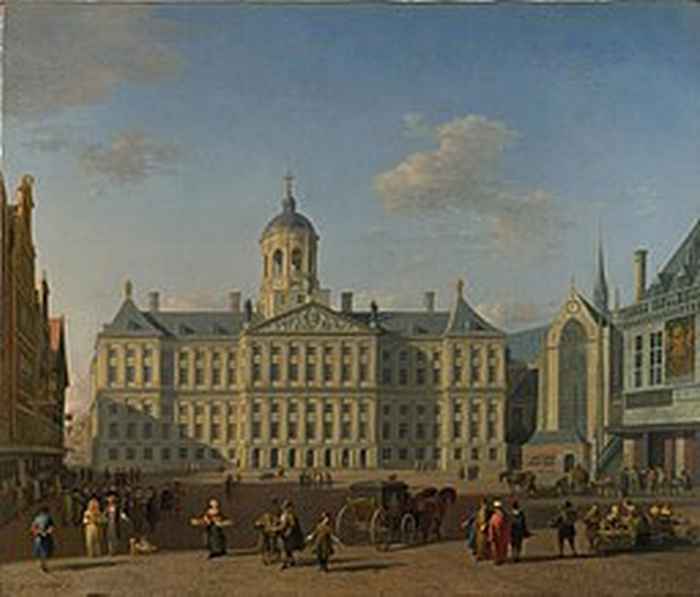Law and Governance of a Global City: 17th-century Amsterdam
- Date
- 9 December 2022
- Time
- 10:00 -18:15

Amsterdam was a city that was open to newly arriving religious and expat communities, but nonetheless strived towards keeping control. This resulted in challenges for its government. The aim to accommodate for the rights of different groups was balanced with a goal of public management. The efforts of legislating the different communities were on closer look not always inspired by equality. Some groups received more rights than others. A search for oversight also related to the city’s institutions. Merchants made use of the city’s governmental and legal infrastructure, for example the aldermen’s certifications of debts and contracts as well as its courts. The Insolvency Chamber was an important institution that channeled information on the financial situation of indebted merchants and facilitated agreements between insolvent debtors and their creditors. Yet, traders were not only resorting to municipal institutions; notaries became increasingly popular. Merchants were using a combination of legal institutions and instruments when pursuing their business goals. They also built their networks around family ties and trust was as important as legal norms. Furthermore, the colonial ventures of the Dutch Republic, in which Amsterdam and its merchants were deeply involved, raise questions on specific contribution of the city and its government. The mercantile success of Amsterdam was for a large part due to the financing of oppressive activities overseas. As a result, the process of globalization in the seventeenth century must be assessed while taking this into account as well.
For more information please contact Dave De ruysscher (D.Deruysscher@tilburguniversity.edu) or Janne Nijman (j.e.nijman@uva.nl).